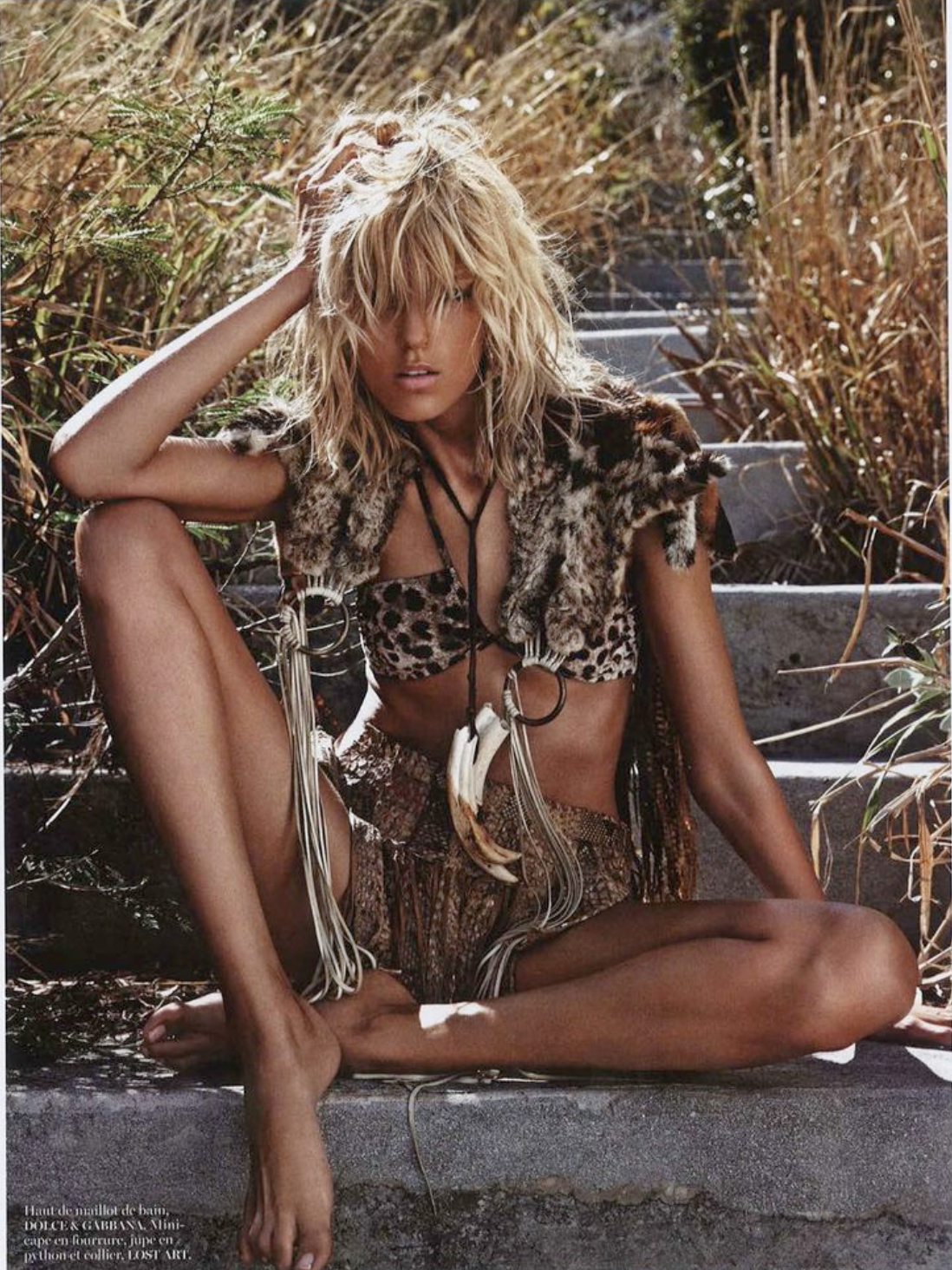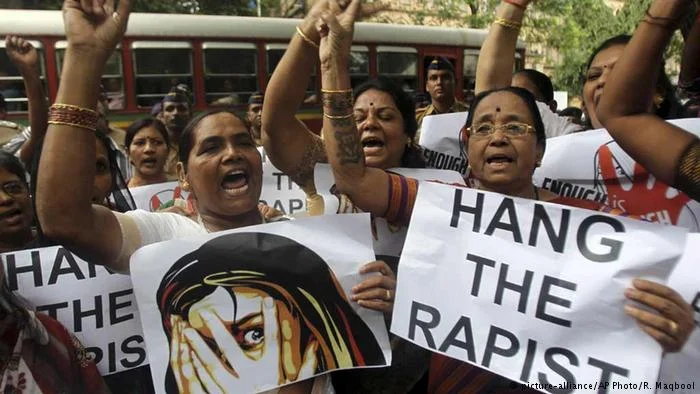India: How #MeToo Is Battling Gender-based Violence
/India: How #MeToo Is Battling Gender-based Violence
By Sunita Toor, Principal Lecturer in Criminology, Sheffield Hallam University . First published on The Conversation
The #MeToo movement swept India last year when the Bollywood actress Tanushree Dutta accused actor and filmmaker Nana Patekar of sexually harassing her in 2008 on the set for the film Horn OK Pleassss. In October last year, she also filed a First Information Report (FIR)against him and others with police. It has been reported that Patekar has denied the allegations and issued a legal notice to her to withdraw the allegations. Dutta was also in the news more recently, putting a “curse” on film choreographer Ganesh Acharya, actor Rakhi Sawant and producer Sami Siddiqui for what she suggested was enabling the alleged abuse.
These allegations made by such a well-known figure changed the course of the #MeToo movement in India and opened the floodgates for many other women working in Bollywood, the media, corporations and government to allege sexual harassment by high-profile and powerful men. Social media platforms were flooded with #MeToo stories and outrage, highlighting what has always been a taboo subject in India: the extent of harassment and violence against women, along with the deep-rooted injustice and inequality they face.





